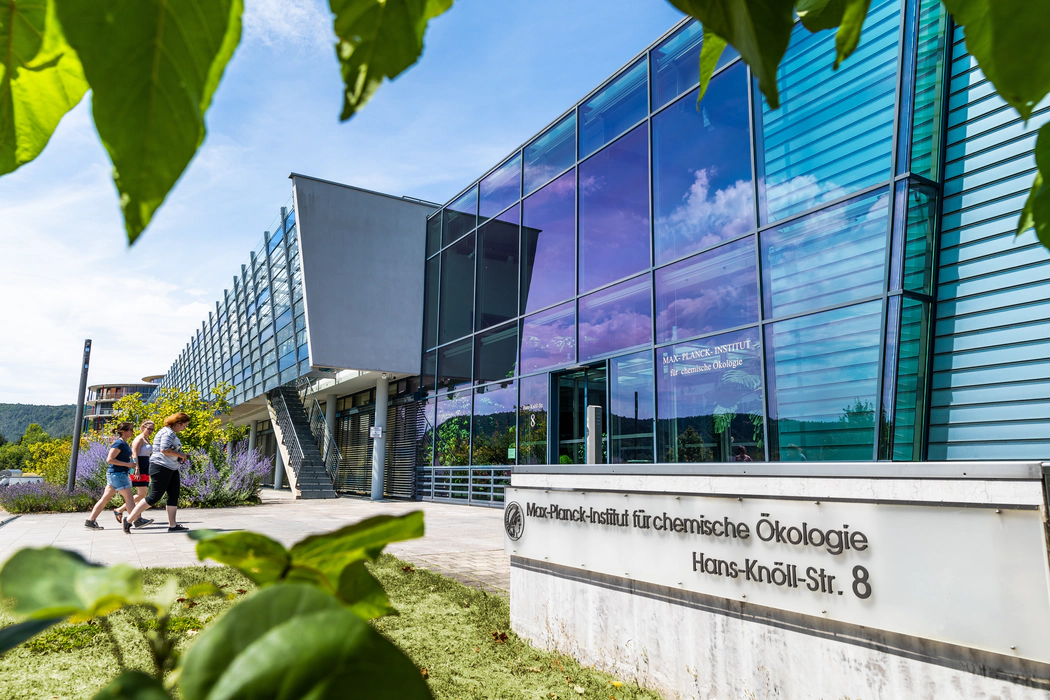How Do Forest Trees Defend Themselves Against Insects Under Natural Conditions and Is This Process Affected by Forest Management?
DOI:
https://doi.org/10.21036/LTPUB10195Researcher
Sybille Unsicker is Principal Investigator at the Max Planck Institute for Chemical Ecology in Jena (Germany) and an associated member of the Terrestrial Ecology Research Group at Technical University Munich. Her research focuses on the feeding ecology of herbivorous insects and the chemical ecology of poplar. She is a member of the Society for Tropical Ecology, the Ecological Society of America and the Ecological Society of Germany.

Original Publication
Insect Attraction to Herbivore-Induced Beech Volatiles under Different Forest Management Regimes
Martin M. Goßner,
Wolfgang W. Weisser,
Jonathan Gershenzon,
Sybille B. Unsicker
Published in
Citation
Sybille Unsicker,
Latest Thinking,
How Do Forest Trees Defend Themselves Against Insects Under Natural Conditions and Is This Process Affected by Forest Management?,
https://doi.org/10.21036/LTPUB10195,
Credits:
© Sybille Unsicker
and Latest Thinking
This work is licensed under CC-BY 4.0
